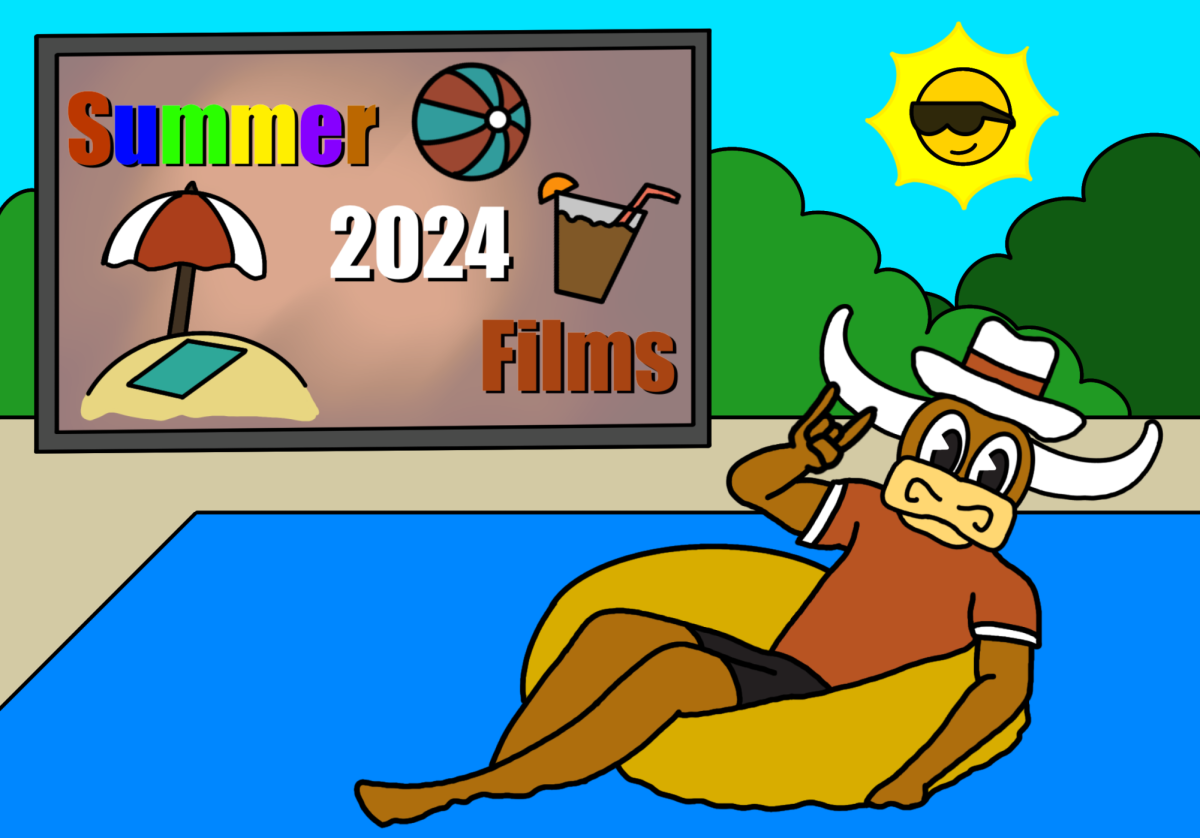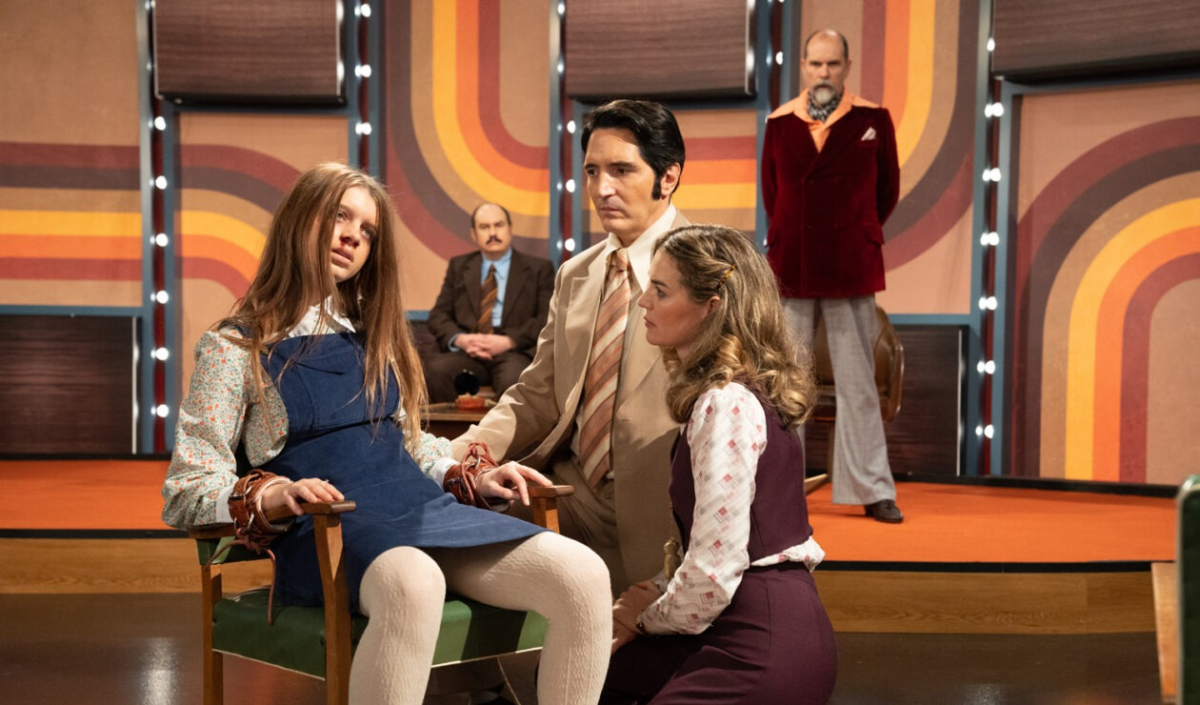Charlie Brooker’s “Black Mirror” crossed the Atlantic and became one of Netflix’s most esteemed series, sparking a conversation about 24/7 social cycle many people currently live in. Through clever and chilling hyperbole, “Black Mirror” succeeds in impressing a generation who lives with unprecedented social technology. Booker not only asks us to sit back and consider what a world dominated by overbearing social connection might look like but also what our sociality says about ourselves.
By bringing to light the cynical potential of our technological assimilation, Black Mirror is a new wave dystopian product. The fears of the cautionary genre’s rainmakers, George Orwell and Aldous Huxley, were rooted in a deep awareness of the dangers that an authoritarian society presents to the liberty of individuals. Yet, compared to the fascist villains of early dystopian fiction, the antagonists contained in the anthological stories of Black Mirror aren’t as obvious. As we live in the era of clickbait and Tinder, the downsides of our socio-technological progress are often mysterious when compared to the immediate prosperity they bring.
Lee Ann Kahlor, associate professor of advertising, said she uses “Black Mirror” in her class to help her students think critically about their place within the social network.
“The kind of conversations that these kind of fictions can spark are ethically required in a technology based society,” Kahlor said.
In “The Presentation of Self in Everyday Life,” sociologist Erving Goffman speaks of social interaction from the dramaturgical perspective, taking Shakespeare’s famous line, “All the world’s a stage,” quite literally. Goffman proposes that we all play different roles, most of which are curated for the present audience and setting. Booker’s anthology addresses the manifestation of self under intense technological innovation, going as far as to duplicate and mutate identity in the esteemed episode “USS Callister.” In the era dominated by a quasi-distant online realm, the presentation of self has taken on a new medium, a layer in which people socialize in an altered presence anywhere at any time. Comparable to the curtain of an LED screen, a recurring trope Booker uses to spook his viewers is by concealing the sinister behind a mask of deception.
Authenticity is in the spotlight, in “Black Mirror” and the world around us. With the communicative disconnect that social media often perpetuates, or completely destroys, we are challenged to approach technology critically.
Kahlor said people did not fully comprehend the extent to which their information is open to the free market in the early ages of the social media boom. As Brooker uses cinematic illusions to draw attention to the dangers in the shadows, the internet can sometimes look like the plotline of an episode of “Black Mirror.” With the increase of individually tailored content, the browser becomes a landscape filled with biased and personally targeted ad-revenue generators. Yet, as we become more aware and fearful of the presence of disinformation in our social networks, there’s reason to have confidence in the members of the online community.
“(Disinformation) has an overwhelming ability, but its day of having unchecked power is over,” Kahlor said. “Fake news is now part of the American Lexicon.”
It’s obviously not all dark, nor mysterious. In many ways, the cultural expansion to the digital realm has added new layers of social solidarity to our lives.
“I’m always connected to people who I may not have been otherwise,” advertising senior Austin Marzan.
Marzan considers his online social presence to be a great tool in not only his social but also his professional life.
“It’s a good mix of entertainment and information for me. I always have access to information instantly,” Marzan said.
Marzan said he presents himself online in a way that echoes the way he socializes outside of virtual communities.
Unlike many of Brooker’s most profound characters, “I have a good sense of who I am and what I put out on the internet is a good reflection of that,” Marzan said.
On the other hand, chemistry freshman Juliet DeNapoli said her social media presence is “ninety percent entertainment” but acknowledged that platforms such as Reddit are largely responsible for shaping many of her views and others’ and have facilitated macro-conversations online.
DeNapoli also pointed out the inherent humanity of technological socialization, stating, “I don’t think millennials are any different than any other generation, we all care about what other people think of us, we’ve just migrated to a different form of obtaining it.”
“Black Mirror” shows us the dark potentials of our technology as a reminder that human sociability is a natural mode of environmental manipulation. While students like DeNapoli and Marzan are examples of the light side of social innovation, Booker’s new form of dystopian fiction realizes the extremes of technological growth as a reminder to remain aware of the dark.
Kahlor regarded such forms of art as complementary to critical reflection for anyone interested in a bright future. “Black Mirror” exaggerates reality as a means of sparking discussion in and outside of the classroom.
In respect to doubts of the youth’s ability to tackle informational problems of the new era, Kahlor referred to the fact that students are taught to look at situations as objectively as possible.
“Anything that can show us the worst possible outcome of what it is that we’re pursuing is setting us up for how we’ll cope with some version of that.”














